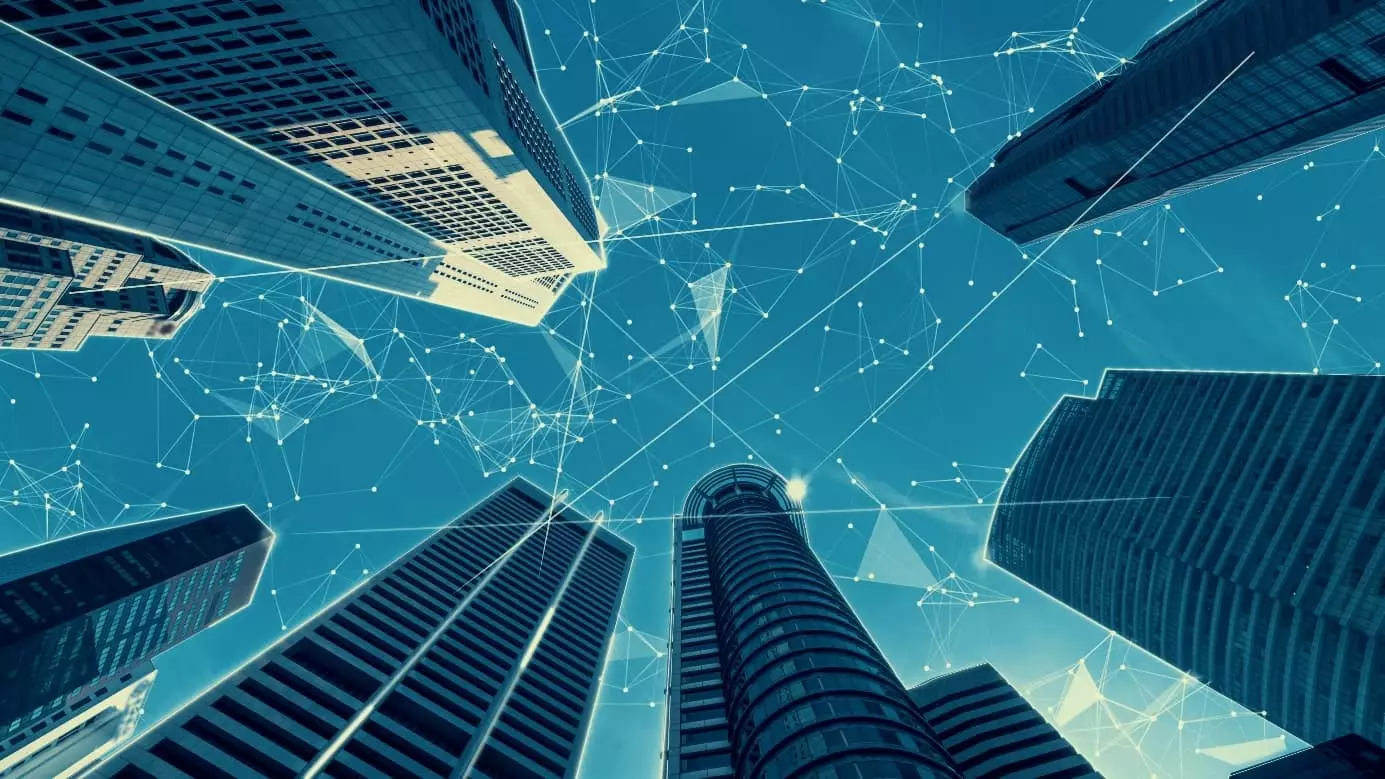Smart cities are urban areas that leverage technology and data-driven solutions to enhance quality of life, sustainability, and efficiency for residents and businesses. By integrating Internet of Things (IoT) devices, data analytics, and connectivity, smart cities aim to address urban challenges, improve infrastructure, and promote economic growth. This article explores the innovations, benefits, challenges, and future trends in smart city development.
Innovations in Smart Cities
- IoT and Sensor Networks: Deploying IoT sensors and devices across urban infrastructure (e.g., streetlights, traffic signals, waste management systems) to collect real-time data on environmental conditions, traffic flow, and energy usage.
- Data Analytics and AI: Analyzing large datasets using artificial intelligence and machine learning algorithms to gain insights into urban trends, optimize resource allocation, predict demand, and improve decision-making by city administrators.
- Smart Mobility Solutions: Implementing intelligent transportation systems, including connected vehicles, smart parking, and public transit optimization, to reduce congestion, improve traffic flow, and enhance commuter convenience.
Benefits of Smart Cities
- Sustainability and Energy Efficiency: Reducing carbon footprint and energy consumption through smart grid technologies, energy-efficient buildings, renewable energy integration, and real-time monitoring of environmental metrics.
- Improved Infrastructure: Enhancing public services (e.g., waste management, water supply, public safety) by optimizing operations, responding to emergencies faster, and ensuring better resource allocation based on real-time data insights.
- Quality of Life: Enhancing citizen satisfaction by providing personalized services, improving accessibility (e.g., smart mobility solutions for elderly and disabled), and fostering community engagement through digital platforms and civic participation.
Challenges in Smart City Development
- Data Privacy and Security: Safeguarding sensitive citizen data from cyber threats, ensuring compliance with privacy regulations (e.g., GDPR, CCPA), and maintaining trust in data collection, storage, and usage practices.
- Interoperability and Standards: Addressing compatibility issues and establishing interoperable standards for IoT devices, data platforms, and communication protocols to facilitate seamless integration and data exchange across diverse city systems.
- Digital Divide: Bridging the digital divide by ensuring equitable access to digital technologies, connectivity, and smart city services for all residents, including marginalized communities and underserved neighborhoods.
Future Trends in Smart City Development
- 5G and Edge Computing: Leveraging high-speed, low-latency 5G networks and edge computing capabilities to support real-time data processing, enhance IoT device connectivity, and enable new applications in smart city environments.
- Blockchain for Civic Services: Implementing blockchain technology to enhance transparency, security, and efficiency in government operations, citizen services (e.g., digital identity, voting systems), and public-private partnerships.
- Resilient Infrastructure: Building resilient infrastructure and disaster preparedness strategies using predictive analytics, AI-driven risk management, and sensor networks to mitigate environmental risks (e.g., floods, earthquakes, extreme weather events).
Conclusion
Smart cities represent the future of urban development, leveraging technology to tackle pressing challenges and improve quality of life for residents. By embracing innovations in IoT, data analytics, and connectivity, cities can enhance sustainability, efficiency, and citizen well-being while addressing challenges related to privacy, interoperability, and digital inclusion. Collaboration among government agencies, technology providers, academia, and citizens is essential to overcoming barriers and realizing the full potential of smart city initiatives in creating more livable, resilient, and sustainable urban environments.
